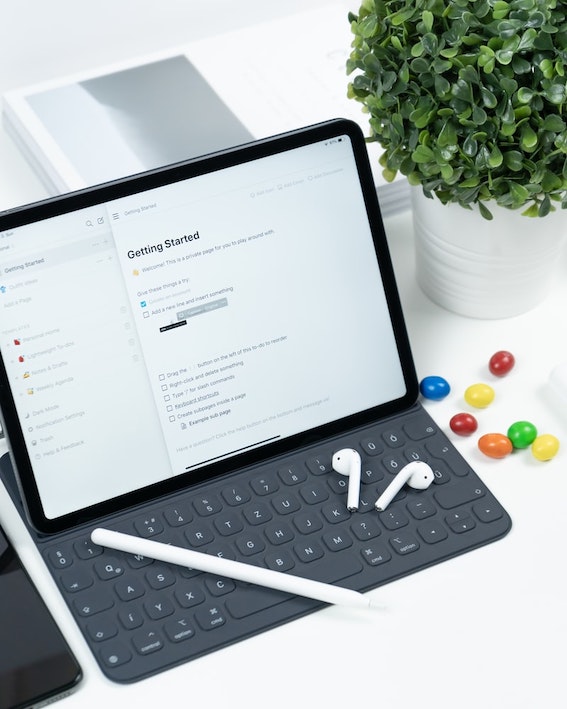Classic tricks for CV design
Keep your CV short
Whether you are an experienced professional and have worked for several organisations over the years, or a recent graduate - it is often a temptation to make your CV too long. Rule of thumb:
- A junior employee's CV should be one or two pages
- An experienced employee's CV should be no more than four pages - usually three pages is sufficient
- Many details are irrelevant for job experience more than five years ago - remove as much as possible from those jobs (for example, five years old versions of Word and Excel are not important).
Bullet points - the miracle cure
Use bullet points wherever possible. They help make sentences short and easy to read, which means a recruiter can scan quickly and pick out the important points. It also forces you to think of the order in which points are presented.
No errors
Your CV can easily fail to get you the job, so be careful.
- Always spellcheck
- Read your CV carefully for grammatical mistakes, and check dates of employment and other important facts
- Get your CV read by someone else to check for obvious mistakes too
- If there are obvious mistakes in your CV, recruiters will see this as lack of care. This implies you are a sloppy person, and you may be rejected because of spelling or grammar mistakes!
Avoid fancy designs and graphics
In most cases a fancy design is an annoyance to the recruiter and will probably hide the message you are trying to get across.
- Use a standard font such as Times Roman or Arial
- Don't make the font too small - the CV may be faxed and photocopied, and if your text is unreadable, it will end in the bin
Layout your CV to prevent photocopy and fax chaos
Always have "page X of Y" and your name and address on each page of your CV. It is easy to mislay one page of a CV, or to not know which order the pages come in. Remember most CVs are emailed, photocopied or faxed at some point, and they can get jumbled up on the printer.
Think visually - perhaps you edit your CV only on-screen. Print it out and have a fresh look. This is what the interested recruiter will do.
Tone of communication
- Be honest. During interview you may be asked to explain any aspect of your CV. Make sure you can. If not your credibility is lost.
- Be positive. This is a selling document. Use words that have impact: 'managed' is stronger than 'supervised', 'negotiated' is stronger than 'facilitated'.
- Don't include your current salary. The best time to talk about this is at the end of the selection process, when you are sure that the employer wants you.
Contact Information
There is absolutely no reason to make contacting you difficult for the potential employer, yet so many CVs have no contact information except a home phone number.
- Give the potential employer your mobile phone number, even if you have to buy a mobile for your job search
- Have a header on each page of your CV with all contact details
List quantifiable achievements
Here are a few examples of achievements. If you can, briefly explain how you managed it.
- Made money or made sales for the organisation
- Completed a project on time, to budget
- Managed a team in difficult circumstances
- Helped save money or reduce costs
- Implemented processes that save time or increase work productivity
- Improved the company's competitive advantage in the marketplace
- Enhanced the organisation's image, or building organisation's reputation in its field
Covering letter must target the job role
Listen well to the recruiter's need. Read carefully the job advertisement, pick out the key words and write them in a list.
- Your covering letter should address as many of the points in the job advertisement as possible
- Your summary should address the central points. If it does not, you should consider having a different version of your CV for this sort of job
- If you don't manage to "tick all the boxes" in the covering letter and in the CV summary, then you may well be rejected at the first step












